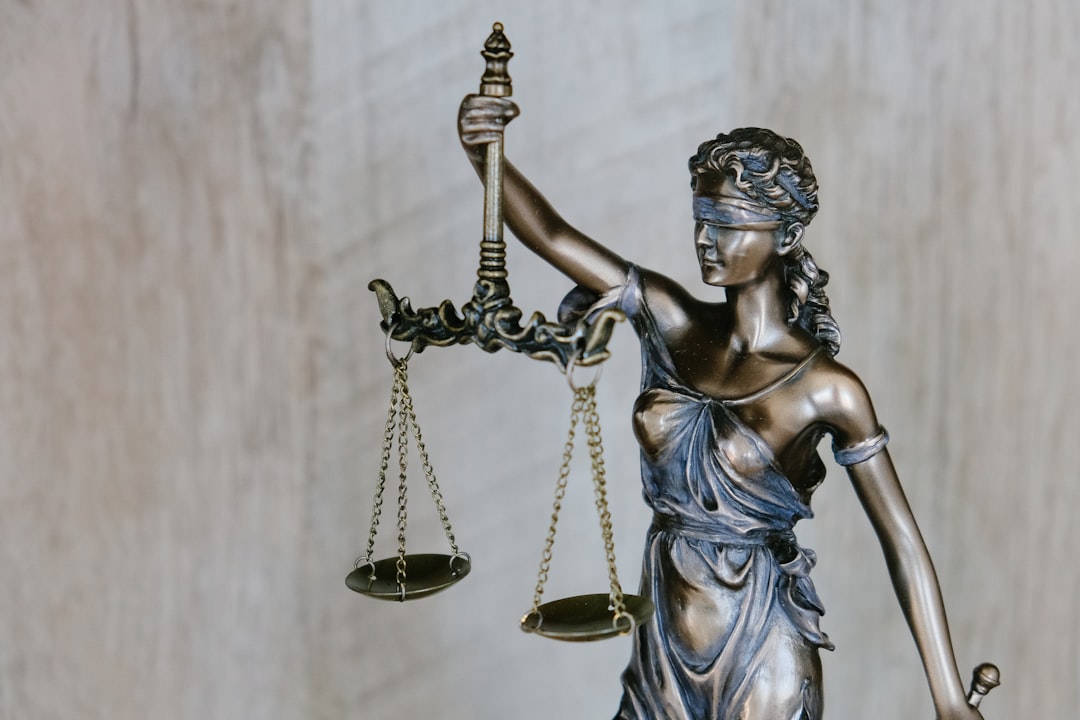In California, addressing school sexual abuse is paramount. This introduction guides victims towards understanding their rights and available legal support. With stringent laws in place, such as those mandating reporting and preventing retaliation, this article explores crucial aspects of navigating school sexual abuse cases. From recognizing legal rights to finding specialized organizations and consulting a school sexual abuse lawyer in California, survivors can access resources to heal and seek justice.
Understanding California's Laws on School Sexual Abuse

In California, the laws surrounding school sexual abuse are designed to protect students and provide them with legal recourse if they’ve been victims of such crimes. If a student experiences sexual abuse or assault within a educational setting, it’s crucial to know that there are specific statutes in place to hold perpetrators accountable. A school sexual abuse lawyer California can help navigate these complex laws, ensuring victims receive the justice and support they deserve.
Understanding these laws is essential for several reasons. Firstly, it empowers victims to take action against their abusers. Secondly, it sends a clear message that such behavior will not be tolerated. Lastly, it provides clarity on the available legal options, which can vary depending on the nature and circumstances of the abuse.
Rights of Victims: Legal Steps to Take

In California, victims of school sexual abuse have specific rights and legal avenues to pursue. The first step for survivors is to report the abuse to local law enforcement or relevant educational authorities. It’s crucial to document all details, including dates, locations, and any evidence, as this will aid in the investigation. Many schools have policies in place to handle such incidents, but victims may also require legal assistance to ensure their rights are protected.
Engaging a school sexual abuse lawyer California is a significant step towards justice. These attorneys specialize in navigating complex legal systems and can help victims understand their options. They can file lawsuits against the responsible parties, which may include schools, teachers, or other staff members involved. Victims’ rights extend to seeking compensation for emotional distress, medical expenses, and other damages incurred due to the abuse. Prompt action is essential; California has strict time limits on filing legal claims related to sexual abuse.
Finding Support: Organizations and Resources for Survivors

Finding support is a crucial step for survivors of school sexual abuse. In California, several organizations and resources are dedicated to helping victims navigate their legal rights and emotional healing. One of the key steps is to connect with a school sexual abuse lawyer California who specializes in these cases. These attorneys can provide guidance on filing reports, understanding legal options, and pursuing justice.
Many non-profit groups offer counseling services, support groups, and advocacy for survivors. Organizations like the National Sexual Assault Hotline (1-800-656-HOPE) and local victim advocacy centers can connect individuals with necessary resources, ensuring they are not alone in their journey towards healing and accountability.
Navigating Legal Proceedings with a School Sexual Abuse Lawyer

Navigating legal proceedings can be daunting, especially when it involves sensitive issues like school sexual abuse. A dedicated California school sexual abuse lawyer plays a pivotal role in guiding victims and their families through this challenging process. These legal professionals possess extensive knowledge of state laws pertaining to educational institutions and child protection, which are crucial for building a robust case.
They help victims understand their rights, explain the legal options available, and develop strategies tailored to their unique circumstances. With their expertise, victims can focus on healing while ensuring their voices are heard in court. A skilled school sexual abuse lawyer in California will collect evidence, interview witnesses, and negotiate with educational institutions and legal representatives to secure justice for the victim and hold perpetrators accountable.





